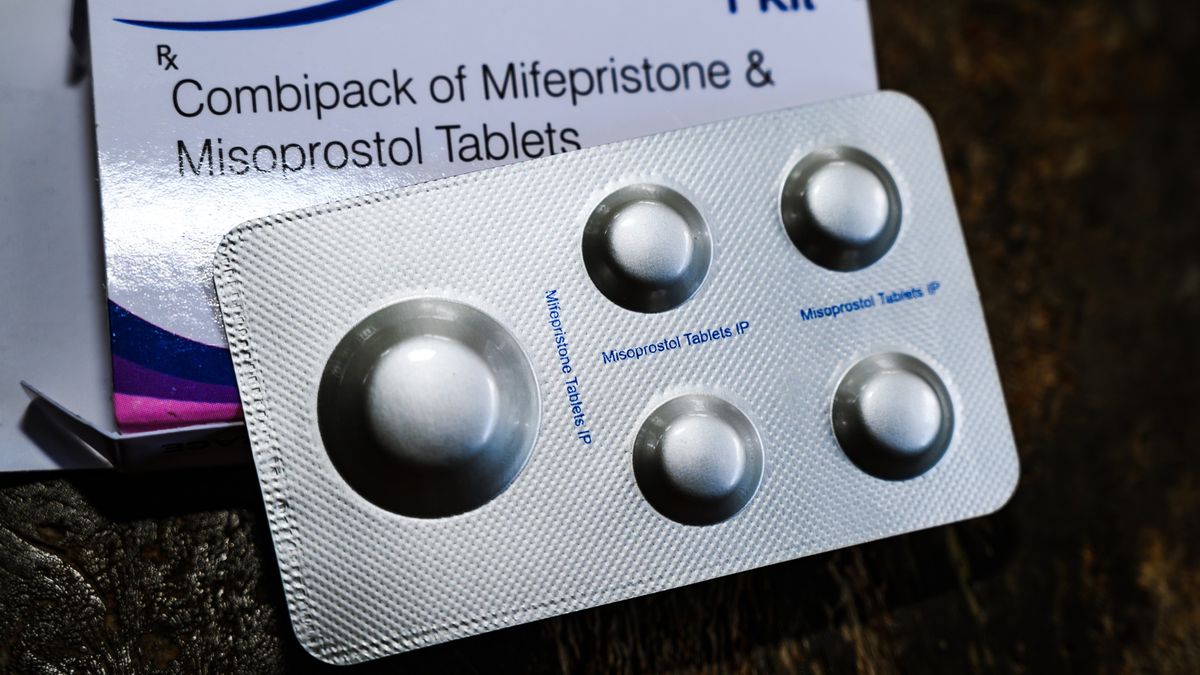Amidst a landscape of increasing restrictions on abortion access in the United States, a groundbreaking study has reaffirmed the safety and effectiveness of telemedicine abortion, offering a lifeline to women facing limited options. As access to abortion continues to face challenges, this study provides crucial evidence supporting the expansion of telemedicine services for reproductive healthcare.
A Run-through of Abortion Laws in the United States
In the wake of the 2022 U.S. Supreme Court decision to eliminate nationwide abortion rights, at least 14 states have enacted strict abortion bans, while numerous others impose limitations based on gestational age. Against this backdrop, the study published in Nature Medicine underscores the importance of alternative approaches to ensure women’s reproductive autonomy.

Led by Ushma Upadhyay at the University of California, the study analyzed data from 6,034 abortions provided by three virtual clinics across 20 states and Washington D.C. between April 2021 and January 2022. The findings reveal that telemedicine abortions, facilitated through video call or text message consultations, are comparable in safety and efficacy to in-person care.
Study Highlights Safety and Effectiveness of Telemedicine Abortion
The U.S. Food and Drug Administration’s decision in 2021 to eliminate the requirement for in-person dispensing of mifepristone, the first drug in medical abortion, marked a significant milestone. However, this decision is currently under scrutiny by the Supreme Court. Despite legal challenges, the study demonstrates that telemedicine abortion remains a viable option for women seeking to terminate early pregnancies.
Notably, the study found that 97.7% of abortions were completed after the initial treatment, with 99.8% of cases not resulting in any serious adverse events. These outcomes align closely with data from in-person clinics, highlighting the reliability of telemedicine abortion as a safe and effective healthcare service. Crucially, the study observed no difference in safety or effectiveness based on whether patients underwent video call or text message screening. This underscores the versatility and accessibility of telemedicine abortion, particularly in regions where in-person services may be limited or unavailable.
What is Telemedicine Abortion?
Telemedicine abortion, which involves the administration of mifepristone and misoprostol simultaneously, has emerged as a vital tool in addressing surges in demand for abortion services, particularly in states where legal restrictions persist. The study emphasizes the urgent need to reassess and revise policies that impede access to telehealth abortion, ensuring equitable healthcare access for all individuals.

The World Health Organization also recognizes the efficacy of telemedicine abortion in early pregnancy, further validating its importance as a viable option for reproductive healthcare. As debates over abortion rights continue to shape national discourse, evidence-based research such as this study catalyzes informed policymaking and the promotion of reproductive justice for all.